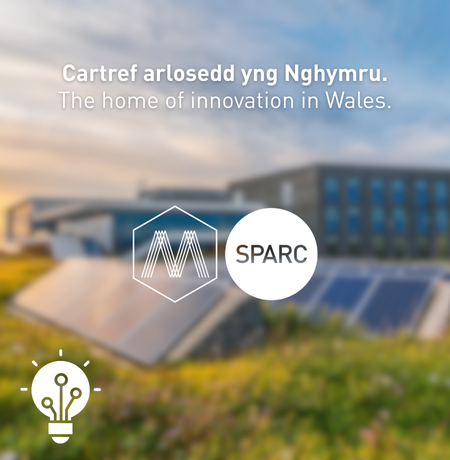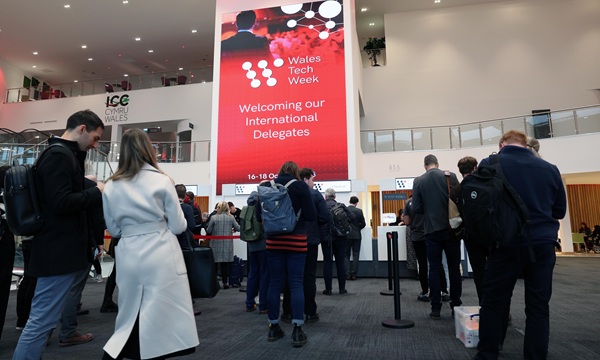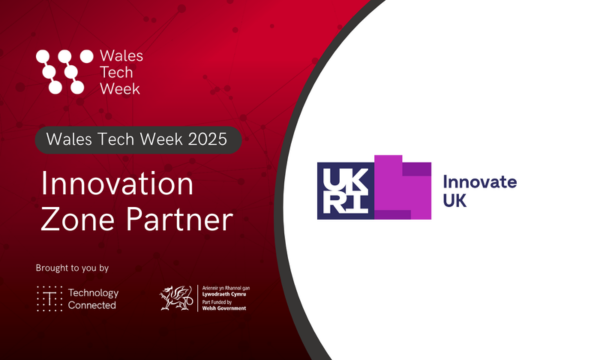
Waste management and recycling company Gavin Griffiths Group has launched a new piece of technology that kills pathogens in soil using steam treatment.
The firm has invested in a new unit, which is the first of its kind in the UK. The technology is capable of eradicating Japanese Knotweed and restoring soil health without the use of chemicals. The firm described it as “a major step forward for sustainable land management” and said it will benefit a wide range of landowners, industries and private homeowners.
The technology was launched at Gavin Griffiths Group’s Cwmgwili site and was attended by industry stakeholders, academics and government representatives.
Invasive plant species such as Japanese Knotweed are one of the leading threats to biodiversity and infrastructure in Europe. Over 500 million tonnes of soil are dumped in landfills annually across the EU because of harmful pathogens. According to the United Nations, up to 90% of the world’s topsoil could be at risk by 2050 unless new remediation practices are adopted. The traditional removal methods of spraying, weeding or burial are costly, time-consuming and largely ineffective.
This new technique of soil treatment uses superheated steam to neutralise weeds, seeds and harmful pathogens in the soil, allowing soil to be safely reused. Other territories in Europe, such as Scandinavia have already widely adopted this new system where it’s been shown to reduce soil disposal by thousands of tonnes and cut project costs dramatically.
Gavin Griffiths, Managing Director of Gavin Griffiths Group, said:
“We are proud to be the first in the UK to bring this game-changing technology to market. Our Innovation & Remediation Division has been searching for a solution like this for some time as it’s one of the biggest issues to face our clients. This technology not only helps us to protect native ecosystems, but it also supports our circular economy goals by allowing treated soil to be reused safely and sustainably. We believe that this is a crucial step towards greener land management.
“This new addition to our portfolio of sustainable land remediation solutions complements our wash plant facility in Cwmgwili which already processes hundreds of thousands of tonnes of construction and demolition waste, recycling it into washed, recovered aggregates that can be re-used on other projects. Our commitment to innovation and bringing forward technology that enhances the environment is at the forefront of our operations and we are excited to see the impact that this can have for clients in South Wales and throughout the UK.”
Its impact on a range of different sectors including farming and property development will be hugely positive, according to Aled Owen, partner at HCR Law which specialises in agriculture, environment and estates.
He said:
“Japanese knotweed according to government reports can cause damage of up to 10% on property and production values, if left untreated. The damage and nuisance claims resulting from such a failure to address these issues are significant and costly.
“The legal duty to manage and control this invasive species is fiercely enforced with the complete range of civil and criminal penalties involved. Action to take practical, immediate and diligent action is determinative to show that the landowner has acted correctly so there would be for the landowner a defence or limitation of liability. The introduction of this system bringing the best of industry standards would be a significant tool in addressing an important environmental issue and addressing a landowners duty of care or a robust defence. The use of such new innovative processes must be considered a positive change in the farming and other property sectors. “
The unit is based at Cwmgwili but can be transported to larger remediation project sites throughout the UK as required.
















